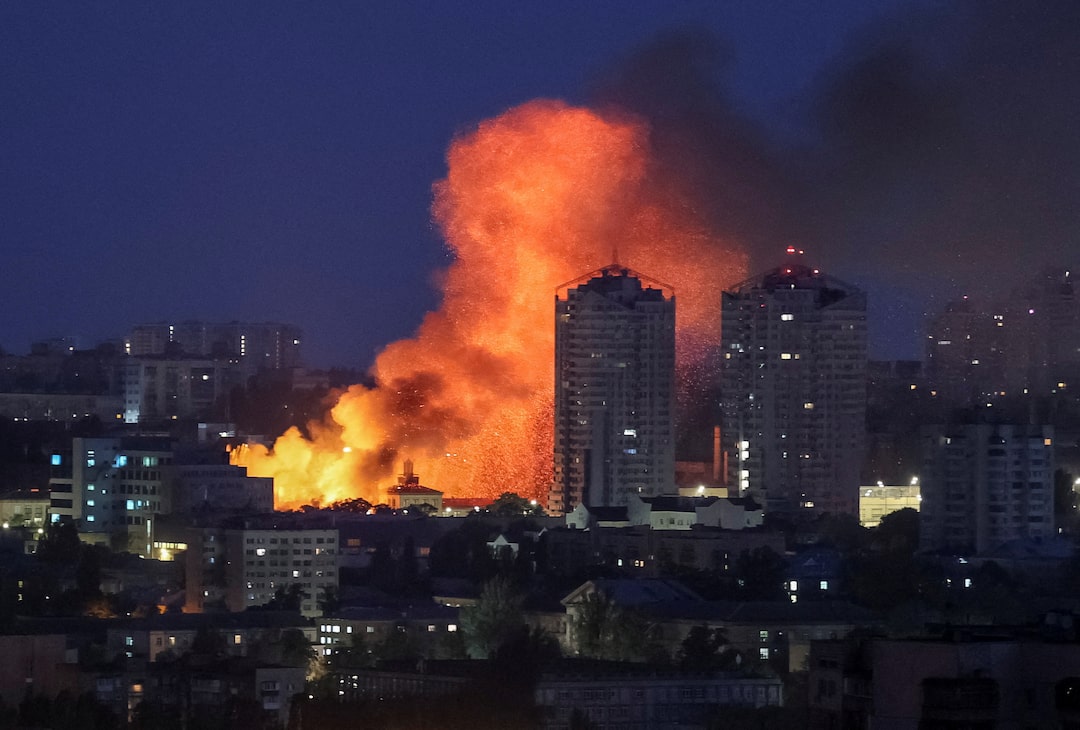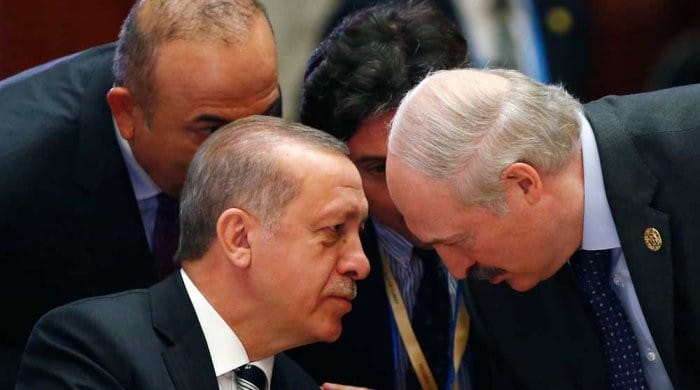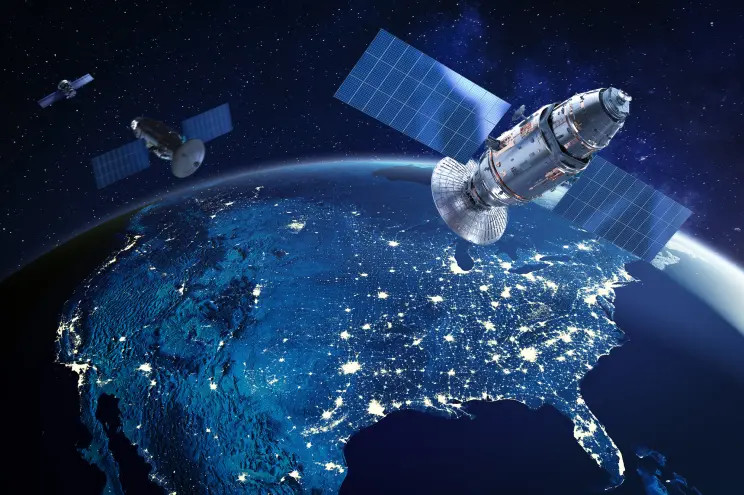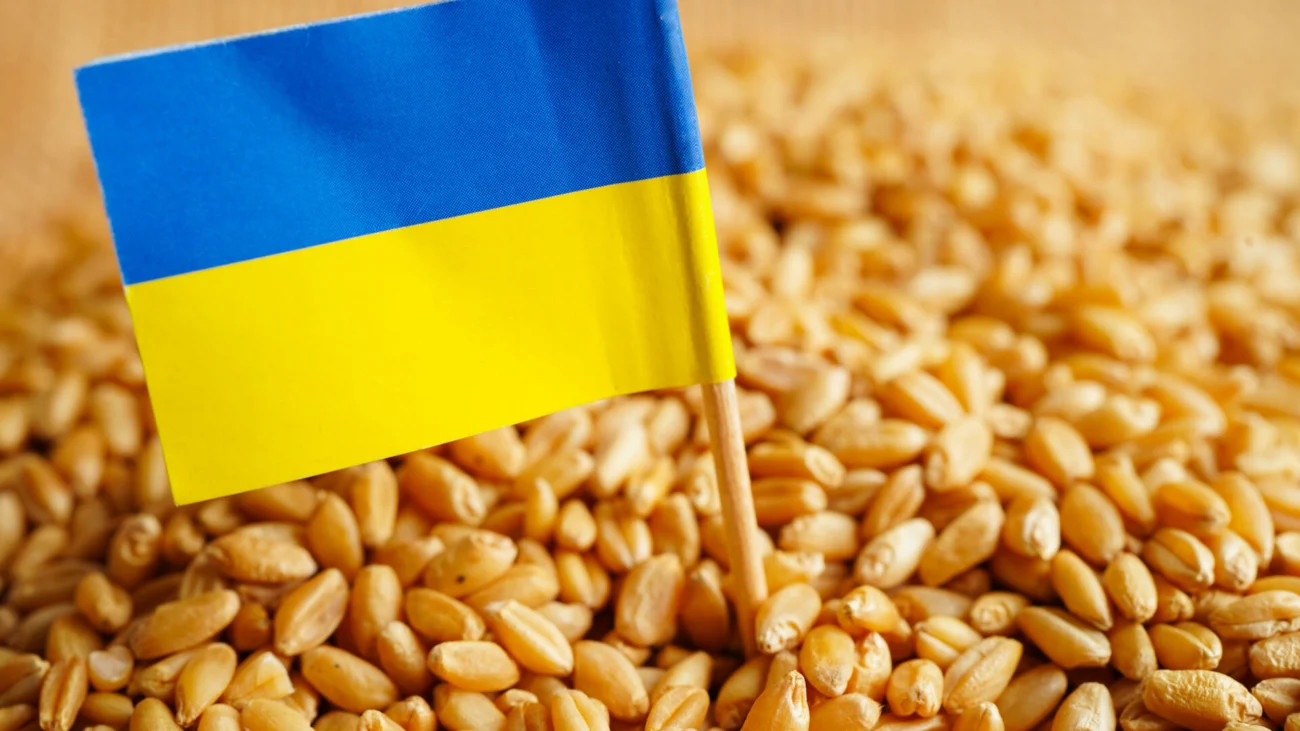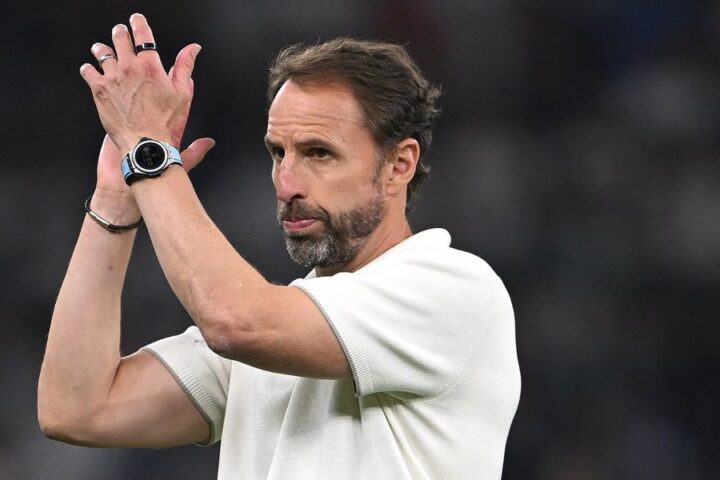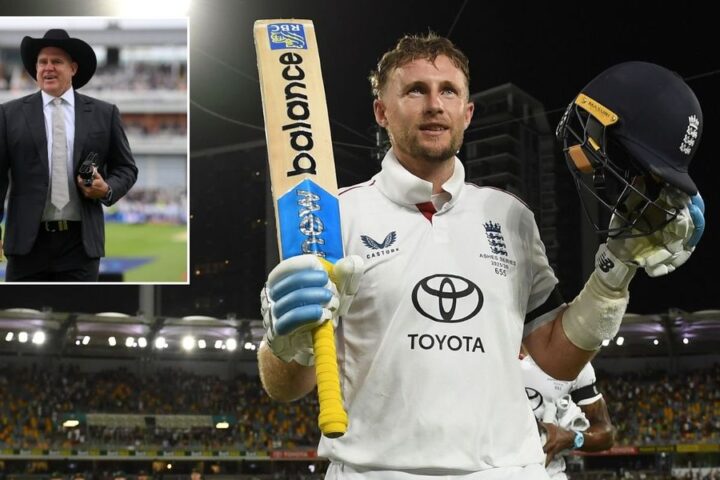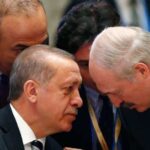Multiple killed and dozens injured as Russia targets residential areas in the Ukrainian capital
10 July 2025 – Russia launched a large-scale overnight missile and drone attack on Kyiv, killing at least two people and injuring dozens more, in one of the most intense assaults on the Ukrainian capital in recent months.
The bombardment, which began shortly after midnight, included a combination of around 500 Iranian-designed Shahed drones and decoy UAVs, 10 Iskander-M/KN-23 ballistic missiles and four Iskander-K cruise missiles. Explosions and fires were reported across multiple city districts and surrounding areas, with significant damage to residential buildings, vehicles, warehouses and office structures.
Fire crews and emergency workers were deployed through the night as parts of the capital burned. Traffic was brought to a standstill in many districts as authorities blocked major roads and public transport services were suspended in the hardest-hit zones.
No military targets in sight
Ukrainian officials stated that the attack had no clear military objective and was aimed at spreading fear among civilians. The pattern of strikes suggests a strategy of intimidation rather than tactical gain.
“Russia’s goal is not victory on the battlefield,” a senior official said under condition of anonymity. “It is to wear down Ukraine psychologically and push us into a forced peace on Moscow’s terms — terms that amount to national surrender.”
Civilian suffering, international silence
The assault on Kyiv is part of a broader campaign of systematic strikes against civilian infrastructure and densely populated areas, which Ukrainian authorities argue amounts to a pattern of war crimes. Over the course of the war, attacks of this scale have been used to inflict maximum psychological pressure on residents, hoping to erode support for Ukraine’s continued resistance.
Ukrainian officials say that the lack of a forceful international response has emboldened Russia. “Until there are real consequences — not just concern, but sanctions, embargoes, and limits on Russia’s military capacity — these attacks will continue,” one security source said.
Growing calls for air defence aid
The Ukrainian government renewed calls for urgent reinforcement of its air defences, including more deliveries of Patriot, IRIS-T, and SAMP/T systems. Officials stress that effective protection of urban populations is not a matter of charity, but a humanitarian imperative.
“As long as Ukraine lacks sufficient air defence, the West shares responsibility for the aftermath,” a senior Ukrainian diplomat said. “Every delay in Washington or Brussels translates into casualties in Kyiv. This is no longer just geopolitics — it is a test of moral clarity.”
State terrorism and media manipulation
The government dismissed Russian claims that the strikes targeted military infrastructure as disinformation, urging international media to highlight the deliberate nature of the attacks on non-military sites.
“There were no military objectives. This was terror — state terror, committed under the eyes of the world,” said an adviser to the president. “The West must expose this, not amplify the lies. Every strike is documented. The evidence is clear.”
No compromise with daily aggression
Kyiv has also reiterated its position that dialogue with Moscow under current conditions is untenable. “There can be no cooperation — even partial — with a country that bombs civilians daily. Russia doesn’t need to be understood. It needs to be stopped.”
As Ukraine braces for further night-time attacks, officials warn that failure to confront Moscow’s tactics risks normalising war and eroding the post-WWII international legal order. “Strong and well-armed Ukraine is the best guarantee that missiles won’t hit other European capitals next,” a government statement read.
Beyond concern: time for consequences
With Russian forces continuing their offensive and the Kremlin showing no intention to de-escalate, Ukrainian officials argue that only a decisive increase in military support and political isolation of Moscow can change the trajectory of the conflict.
“Russia cannot win this war — but it can drag it on indefinitely unless Ukraine is given the tools to end it on just terms,” the official added. “This is the moment for action, not ambiguity.”
